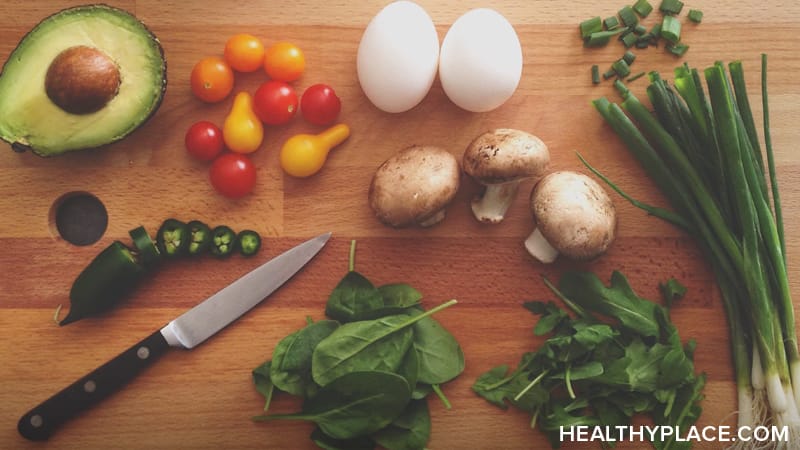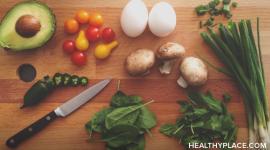Is There a Diet Plan for ADHD?

Diet plans for ADHD vary from person to person, and the diet for an ADHD adult can be different from the diet for an ADHD child. Of course, each individual has different and unique needs. Regardless of the specifics within the diet plans for ADHD, there are some generally agreed upon suggestions that can help promote brain function, and thus, general health and well-being.
Diet Plans for ADHD
As with any health condition, nutrition can make a big difference when it comes to managing ADHD. There are certain foods that can aid in optimal brain function, thus decreasing difficult ADHD symptoms like hyperactivity and inattention (Diets for ADHD Hyperactive Child and Inattentive Type). In the same respect, there are particular foods that those with ADHD are advised to steer clear of, in order to not worsen symptoms. Yet more than knowing which foods can be helpful or harmful, diet plans for ADHD should incorporate certain essential elements.
- Do not skip breakfast – breakfast has long been deemed the most important meal of the day. This is true for anyone, but especially when it comes to looking at optimal diet plans for ADHD. Having breakfast can help sustain focus and promote increased attentiveness.
- Include protein in breakfast – a breakfast rich in protein is a great way to jumpstart your day and boost brain function. The brain uses protein to make neurotransmitters, the chemicals that essentially help brain cells talk to one another. Whether you are creating a personal diet plan for ADHD or a diet plan for your ADHD child, protein should be central to the morning meal. Try scrambled eggs or peanut butter on whole-grain bread.
- Take your supplements – whether you currently take supplements or not, you may not know there are certain “ADHD friendly” nutritional supplements. Omega 3 fatty acids, zinc, magnesium, and iron all promote better brain function.
- Snack smart – snacks are so important when it comes to diet plans for ADHD, especially if you are taking ADHD medication. Stimulant medication tends to suppress one’s appetite, but just because you may not feel hungry, your brain still needs fuel. Sustaining energy through choosing healthy snacks throughout the day can help prevent blood sugar crashes and/or spikes, which can cause mood swings, hyperactivity, and inattention.
- Choose desserts wisely – too much sugar is unhealthy for anyone, especially those with ADHD (ADHD and Sugar: How Sugar Affects Your ADHD Child’s Behavior). But if you have a sweet tooth, there are ways to incorporate dessert into any diet plans for ADHD. Important here is to opt for less sugary dessert options. Some ideas are fruit and yogurt, homemade applesauce, or puddings made with skim milk.
- Balance your meals – it is suggested that an optimal meal for those with ADHD contains certain elements. In general, your plate should be half filled with fruits and vegetables, one-fourth with complex carbohydrates, and one-fourth with protein.
- Do not skip meals – life is busy, and sometimes that can make it difficult to always eat three meals a day. But for those with ADHD, it is vital to eat breakfast, lunch, and dinner. Find ways to make getting all three meals easier. One suggestion might be to use the weekends to cook meals for the upcoming week. Then, portion them out for an easy “grab and go” option.
- Beware of certain things – foods containing artificial dyes, sweeteners, preservatives, and/or excess sugar should all be left out of any sort of diet plans for ADHD (Food Dyes and ADHD: Do Food Dyes Cause Hyperactivity?). Check nutritional and ingredient labels so you are educated on what you are putting in your body.
These simple nutritional changes can make a huge difference. So, when creating diet plans for ADHD, don’t neglect these suggestions.
APA Reference
Jarrold, J.
(2021, December 20). Is There a Diet Plan for ADHD?, HealthyPlace. Retrieved
on 2026, March 1 from https://www.healthyplace.com/adhd/food-and-adhd/is-there-a-diet-plan-for-adhd



